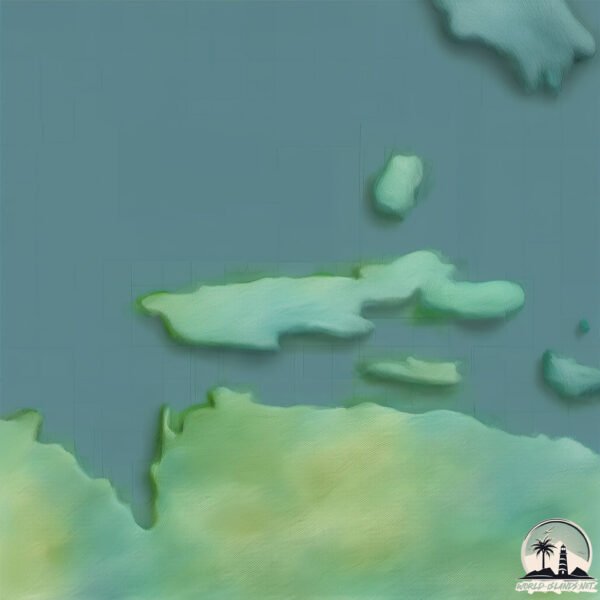Madre de Dios

Welcome to Madre de Dios, a Polar island in the South Pacific Ocean, part of the majestic Pacific Ocean. This guide offers a comprehensive overview of what makes Madre de Dios unique – from its geography and climate to its population, infrastructure, and beyond. Dive into the details:
- Geography and Size: Explore the island’s size and location.
- Climate and Weather: Weather patterns and temperature.
- Topography and Nature: Uncover the natural wonders of the island.
- Infrastructure and Travelling: Insights on reaching, staying, and making the most of your visit.
- News and Headlines: Latest News.
Geography and size of Madre de Dios
Size: 1138 km²
Coastline: 1359 km
Ocean: Pacific Ocean
Sea: South Pacific Ocean
Continent: South America
Madre de Dios is a Very Large Island spanning 1138 km² with a coastline of 1359 km.
Archipel: Cordillera Patagónica Insular – A series of islands in the Patagonian region, known for their dramatic landscapes and part of the Andean mountain range.
Tectonic Plate: South America – A major plate covering the South American continent and part of the Atlantic Ocean, known for the Andes mountain range and significant seismic and volcanic activity.
The geographic heart of the island is pinpointed at these coordinates:
Latitude: -50.22317755 / Longitude: -75.17068575
Climate and weather of Madre de Dios
Climate Zone: Polar
Climate Details: Tundra
Temperature: Cold
Climate Characteristics: The tundra climate features long, extremely cold winters and short, cool summers. Vegetation is limited to mosses, lichens, and small shrubs due to the low temperatures and short growing seasons. Biodiversity is low, but some specialized species thrive.
Topography and nature of Madre de Dios
Timezone: UTC-04:00
Timezone places: America/La_Paz
Max. Elevation: 692 m
Mean Elevation: 196 m
Vegetation: Evergreen Broadleaf Forest
Tree Coverage: 43%
The mean elevation is 196 m. The highest elevation on the island reaches approximately 692 meters above sea level. The island is characterized by Plateau: Elevated flatlands rising sharply above the surrounding area, with a maximum elevation over 500 meters but a mean elevation less than 300 meters, forming unique highland areas on islands.
Dominating Vegetation: Evergreen Broadleaf Forest
Characterized by dense, lush canopies of broadleaf trees that retain their leaves year-round. These forests are typically found in tropical and subtropical regions and are known for their high biodiversity. Madre de Dios has a tree cover of 43 %.
Vegetation: 13 vegetation zones – Exceptionally Diverse Island
Islands with more than ten vegetation zones are among the most ecologically rich and varied in the world. These islands are akin to miniature continents, boasting an incredible array of ecosystems. The sheer range of habitats, from high peaks to deep valleys, rainforests to deserts, creates a mosaic of life that is unparalleled. They are crucial for conservation and ecological studies.
Infrastructure and Travelling to Madre de Dios
Does the island have a public airport? no.
There is no public and scheduled airport on Madre de Dios. The nearest airport is Lieutenant Julio Gallardo Airport, located 300 km away.
Does the island have a major port? no.
There are no major ports on Madre de Dios. The closest major port is PUERTO NATALES, approximately 299 km away.
The mean population of Madre de Dios is 1 per km². Madre de Dios is Uninhabited. The island belongs to Chile.
Continuing your journey, Drummond Hoy is the next notable island, situated merely km away.
Madre de Dios: La isla perdida



Chile is classified as Emerging region: G20: Group of Twenty – Major economies comprising both developed and emerging countries, representing the world’s largest economies. The level of income is Upper middle income.
News – Latest Updates and Headlines from Madre de Dios
Stay informed with the most recent news and important headlines from Madre de Dios. Here’s a roundup of the latest developments.
Social Media Posts about Madre de Dios
Please note: The data used here has been primarily extracted from satellite readings. Deviations from exact values may occur, particularly regarding the height of elevations and population density. Land area and coastline measurements refer to average values at mean high tide.
